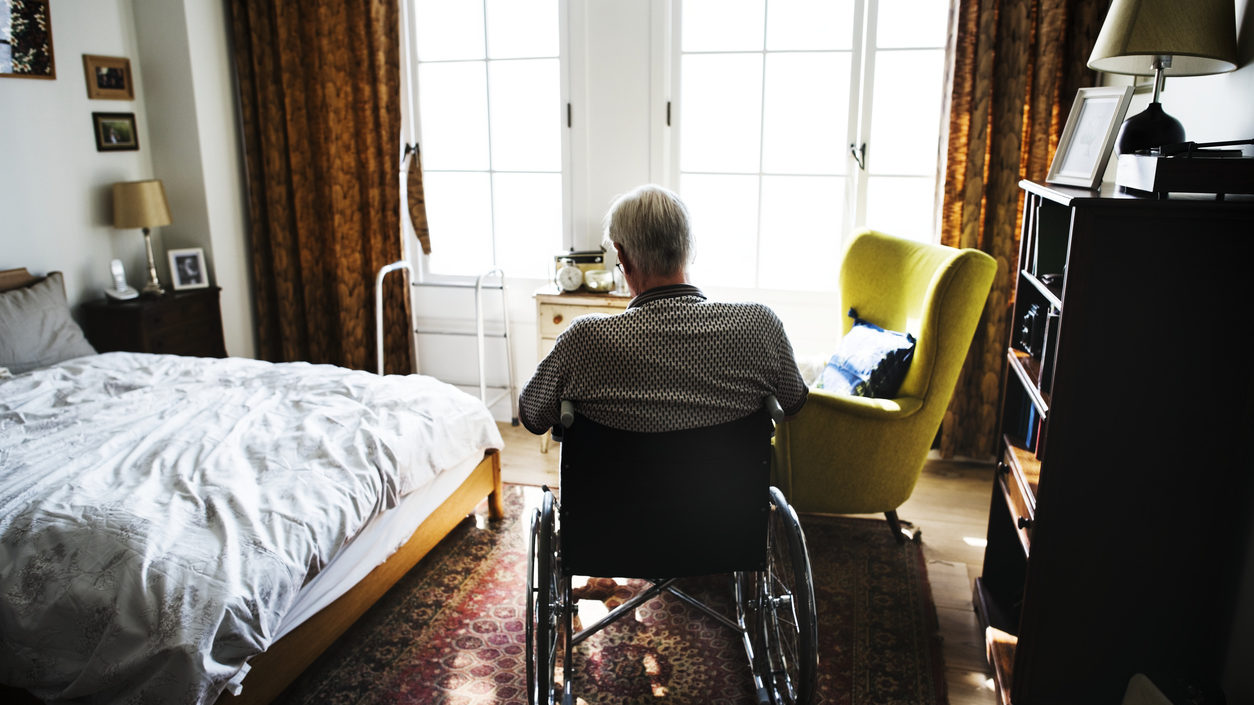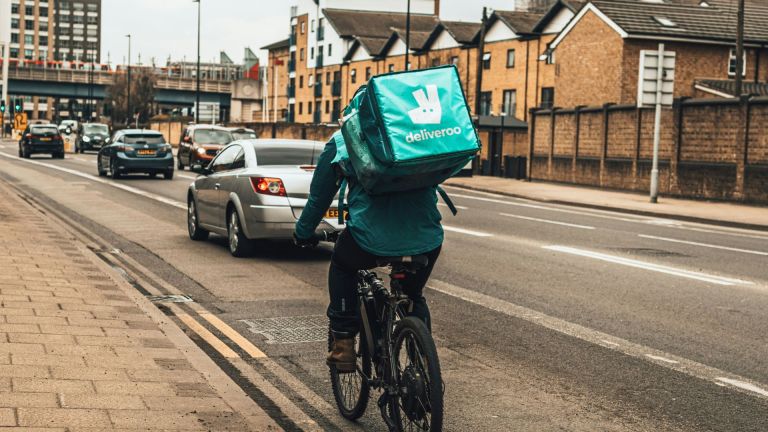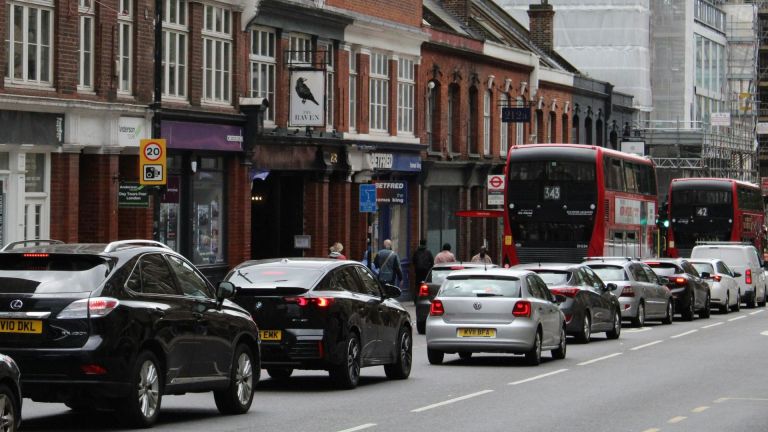As a society, we often pride ourselves on the progress we’ve made in creating a more accessible and inclusive world. Yet, the reality on the ground paints a much grimmer picture, particularly when it comes to the experiences of people with disabilities in the UK.
One glaring example of this disconnect is the growing crisis surrounding the disability facilities grant (DFG) – a vital government scheme designed to help those living with a disability to adapt their home, enabling them to live independently and with dignity.
It provides up to £30,000 of financial aid to help people make necessary adaptations to their homes, such as installing ramps, stairlifts or wet rooms, or widening doorways. These important changes can make all the difference in the daily lives of those living with disabilities, granting them greater independence, safety and quality of life.
Get the latest news and insight into how the Big Issue magazine is made by signing up for the Inside Big Issue newsletter
However, not only has this been capped at £30,000 per individual since 2008 (which means in real terms it’s worth around a third less), the system responsible for administering this grant has become increasingly bogged down, leaving countless vulnerable people left with homes that fail to meet their basic needs.
The average waiting time for a DFG application to be processed has skyrocketed. At EA Mobility, we’ve heard that some individuals have been forced to endure years of delays before receiving the support they so desperately require.










